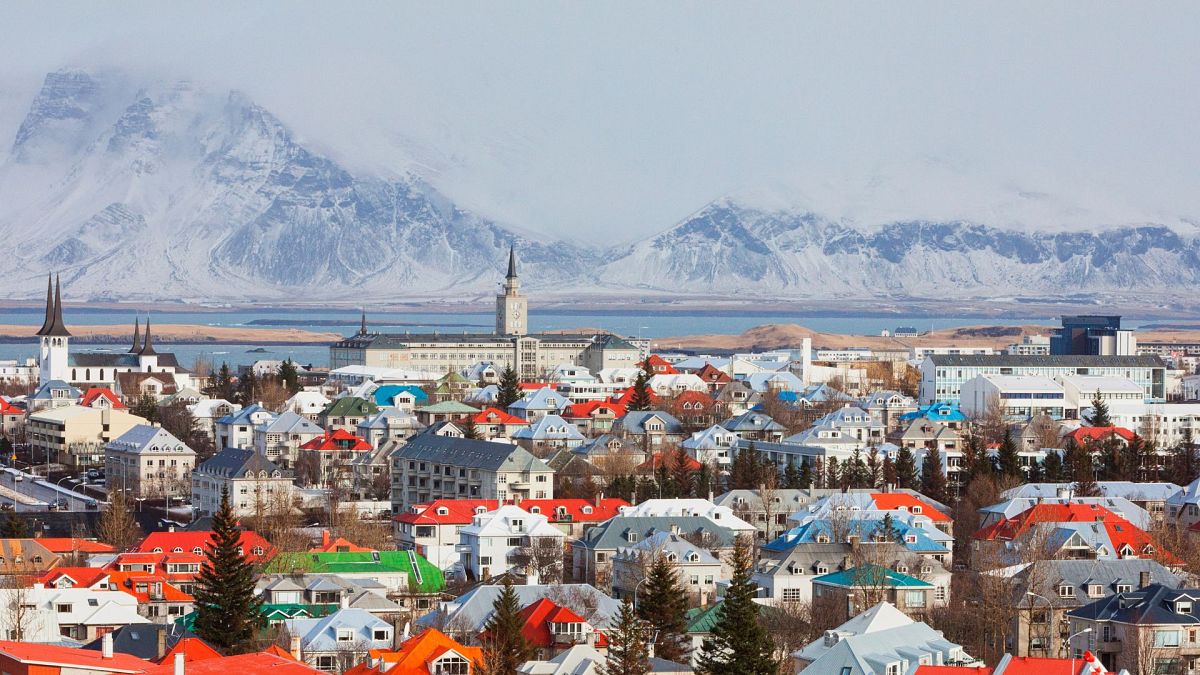On International Women’s Day, Northern European countries stand out for women who are looking to develop their careers.
Inequalities in access to work, career progression, and rewards are still an everyday reality for women in Europe, but which countries offer better career opportunities for women than others?
New research released on International Women’s Day by Claims.co.uk based on data from the World Economic Forum (WEF) shows that Nordic nations, particularly Iceland, emerged as the leading countries in fostering women’s career advancement.
The study uses an index to indicate which is the most progressive country for female employment, weighing factors such as female income, representation of women in parliament, and opportunities for career advancement.
Based on this research, Iceland secured the top spot with an impressive score of 86.49 out of 100. Finland ranks second (81.72), closely followed by Norway (68.97).
What is it aboutScandinavian countries?
Iceland scored highly, with its 190,000 female population earning an average €40,500 annually – twice that of Greece.
Iceland’s parliament consists of 47.6% women and the country has had a female prime mininster for more than 25 of the past 50 years. It’s also home to the world’s first democratically elected woman president: Vigdís Finnbogadóttir.
Behind Albania, Iceland has the second-highest position for wage equality and ranks as the third-best in the advancement of women to leadership roles across Europe.
Finland’s parliament is also made up of more than 45% women and over the past five decades, the country has seen 16 years of female leadership. The average annual income is about €36,500 for women.
The average salary for women is higher in Norway, however, at €49,500 annually. The country also scored highly (5.69 out of 7) for female advancement to leadership roles.
Norway has similar rates of women in parliament to Finland and has seen 18 years of female leadership over the past 50 years. Nearly three-quarters of women are active in the labour market, as the nation provides affordable childcare and safeguards employment rights.
“Scandinavian countries lead the charge in advancing women’s careers, highlighting a shift in workplace culture,” said a spokesperson for Claims.co.uk, commenting on the findings. “Looking ahead, the next decade is optimistic, with the momentum from Scandinavia hopefully inspiring a global shift towards inclusive, diverse workplaces. The study underscores the need for collective efforts to ensure women worldwide benefit from equitable opportunities in the workplace.”
Among the top 10, fourth-place Sweden offers an average salary of €42,300 for women amidst high wage equality in the country. The country has a high rate of female policymakers in its parliament, with more than 40% of these women holding ministerial positions. Women there also score high for wage equality.
Sweden has strict anti-harassment measures in place, and the country holds the world’s highest percentage of self-identified feminists at 46%.
Albania, fifth in the rankings, is the leading European nation in wage equality despite a smaller average income of €10,100 for women. Female representation in parliament is more than one-third, and almost half hold ministerial positions.
Rounding out the top 10 countries for women in the workforce are Switzerland, Lithuania, Ireland, Denmark and Belgium.
Major European economies rank in the middle: Germany and the UK got scores of only slightly more than 50, and France is just below. Italy fell to the bottom half of the table with a score of just 30.66 out of 100.
The worst country for female career progression according to the data is Turkey, followed by Azerbaijan, Hungary, Poland, Ukraine and Greece.

